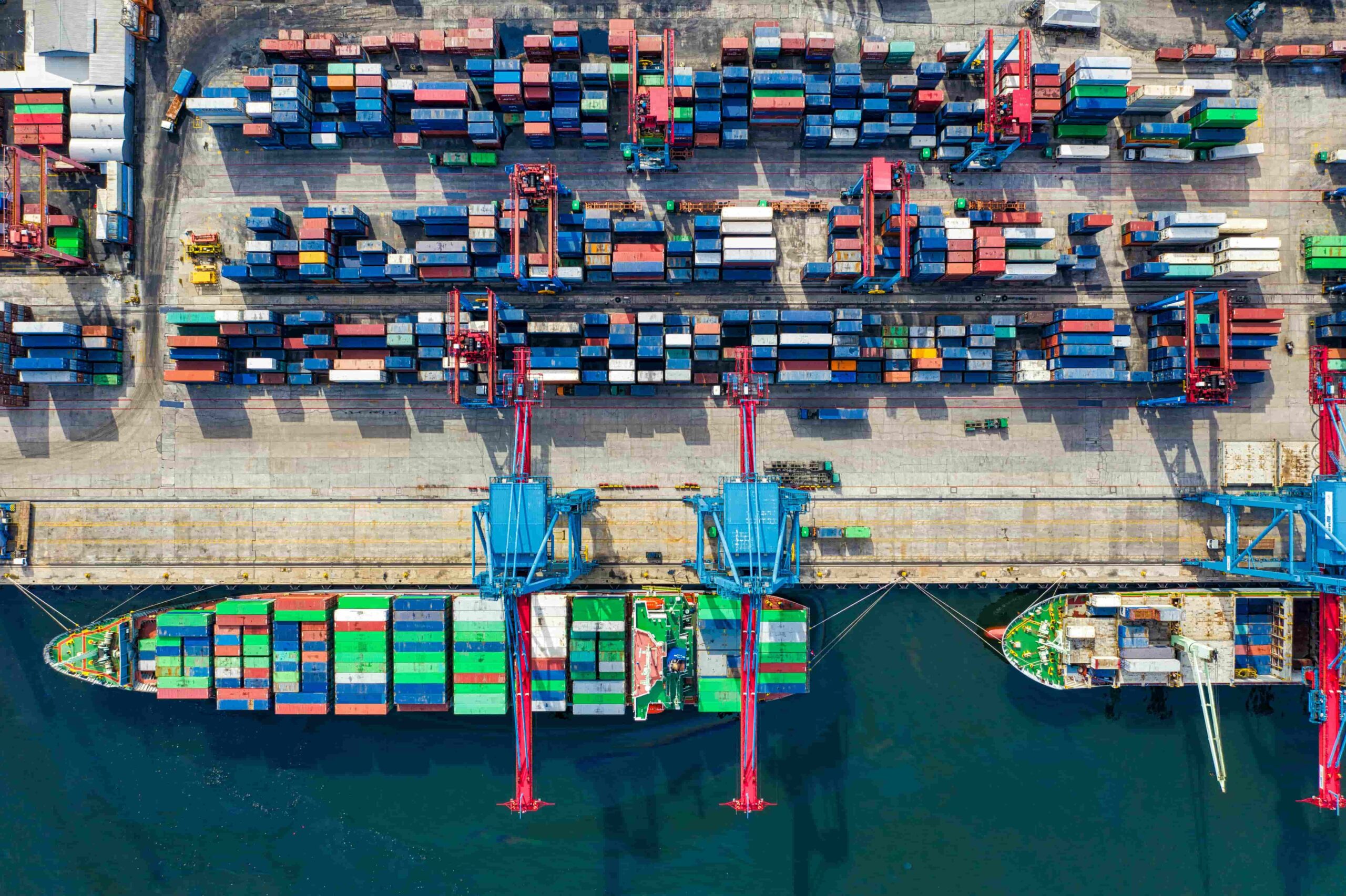Introduction
In today’s fast-paced global market, understanding shipping terminology and options is essential for businesses. Terms like FCL (Full Container Load) and LCL (Less than Container Load) can be confusing, especially when considering Customs Clearance , brokerage, and delivery options like DDP (Delivered Duty Paid). In this guide, we’ll cover the key aspects of container load shipping, helping you choose the best options for your needs.
What is Full Container Load (FCL) Shipping?
Full Container Load (FCL) shipping is ideal for businesses with enough goods to fill an entire container. This option provides greater security and faster transit times, as the container remains sealed from origin to destination. With FCL, you’re not sharing space, making it perfect for large shipments or high-value goods that need direct handling.
Understanding Less than Container Load (LCL) Shipping
For smaller shipments, Less than Container Load (LCL) is a cost-effective alternative. In LCL shipping, your goods share space with shipments from other companies. While it may take a bit longer due to multiple handling points, LCL offers flexibility and affordability for businesses that don’t require a full container.
Freight Forwarders and NVOCCs: Key Players in Shipping
Freight forwarders are essential intermediaries who manage the logistics of shipping goods from one point to another. They coordinate everything from paperwork to transportation, ensuring smooth movement across borders. Non-Vessel Operating Common Carriers (NVOCCs) are another type of intermediary, acting like a carrier by managing shipping and issuing their own bills of lading without owning their own vessels. Both are crucial in facilitating international trade and providing tailored shipping solutions.
Customs Clearance and Brokerage: Navigating Border Regulations
Customs clearance is a critical step in international shipping, as it ensures your goods meet all regulatory requirements for entry into a country. Working with a professional customs brokerage service helps avoid delays, ensuring your shipments clear customs quickly and efficiently. Customs brokers handle this complex process, managing documentation, calculating duties and taxes, and ensuring compliance with local regulations.

Understanding DDP in Shipping Terms
Delivered Duty Paid (DDP) is a shipping term that simplifies the shipping process for the buyer. Under DDP, the seller takes full responsibility for shipping costs, insurance, and customs clearance, including all duties and taxes. This allows the buyer to receive goods without worrying about import logistics, making it a convenient option for international shipments.
Air Freight vs. Sea Freight: Choosing the Right Option
When shipping internationally, you’ll likely choose between air freight and sea freight. Air freight offers faster transit times but comes at a higher cost, making it suitable for urgent or high-value shipments. On the other hand, sea freight is more affordable and ideal for bulky, non-urgent shipments. Choosing between the two depends on your budget, timeline, and the nature of your goods.
Transportation and Logistics Services for Every Need
Transportation companies play a vital role in moving goods from port to final destination, whether by road, rail, or another mode. Logistics companies ensure seamless coordination across each stage, from origin to destination, providing end-to-end solutions that meet your specific shipping needs.
Conclusion: Making the Right Choice for Your Shipping Needs
Understanding terms like FCL, LCL, DDP, and the roles of freight forwarders and NVOCCs can simplify your shipping decisions. Whether you choose air or sea freight, work with a customs broker, or opt for DDP terms, selecting the right shipping solutions ensures smooth and cost-effective international trade.